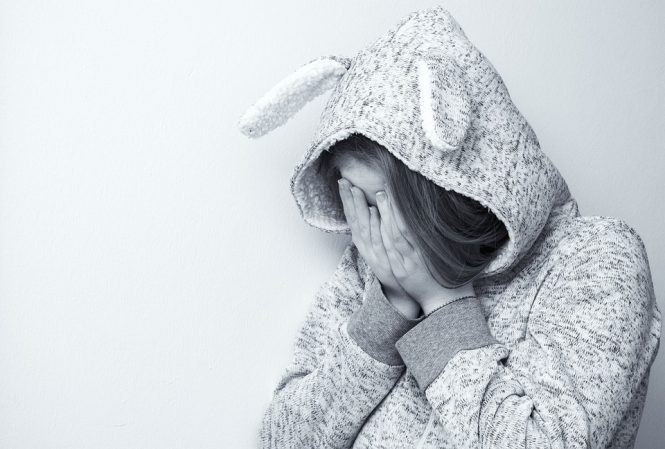
The Impact of Lifestyle on Hair Loss: How Diet, Exercise, and Environment Can Affect Your Locks
Hair loss is a common concern that affects millions of people worldwide, with approximately 80 million men and women experiencing some form of hair loss in the United States alone. While genetics play a significant role in hair loss, lifestyle factors such as diet, exercise, and environment can also have a significant impact on the health and appearance of your locks. In this article, we will explore the ways in which lifestyle choices can affect hair loss and provide tips on how to promote healthy hair growth.
Diet and Hair Loss
A diet rich in essential nutrients is crucial for maintaining healthy hair. A deficiency in vitamins and minerals such as iron, zinc, biotin, and vitamin D can lead to hair loss. Foods that are high in sugar, salt, and unhealthy fats can also contribute to hair loss by causing inflammation and damaging the hair follicles. On the other hand, a diet rich in omega-3 fatty acids, antioxidants, and protein can help promote healthy hair growth.
Some of the best foods for hair growth include:
- Fatty fish such as salmon and sardines, which are rich in omega-3 fatty acids
- Nuts and seeds, such as almonds and flaxseeds, which are rich in healthy fats and antioxidants
- Leafy greens, such as spinach and kale, which are rich in iron and vitamins
- Whole grains, such as brown rice and quinoa, which are rich in fiber and B vitamins
Exercise and Hair Loss
Regular exercise is essential for overall health, but excessive exercise can lead to hair loss. When we exercise, our body produces stress hormones such as cortisol, which can contribute to hair loss. Additionally, excessive heat and sweat can damage the hair follicles and lead to hair loss.
However, moderate exercise can actually help promote healthy hair growth by:
- Improving blood flow to the scalp, which helps to nourish the hair follicles
- Reducing stress, which can help to minimize hair loss
- Promoting overall health and well-being, which can help to support hair growth
Environment and Hair Loss
Our environment can also play a significant role in hair loss. Exposure to pollution, UV radiation, and extreme temperatures can damage the hair follicles and lead to hair loss. Additionally, using harsh hair care products and styling tools can also contribute to hair loss.
Some of the environmental factors that can contribute to hair loss include:
- Air pollution, which can damage the hair follicles and lead to hair loss
- UV radiation, which can damage the hair and lead to dryness and breakage
- Extreme temperatures, which can damage the hair and lead to dryness and breakage
- Harsh hair care products, which can strip the hair of its natural oils and lead to dryness and breakage
Tips for Promoting Healthy Hair Growth
While genetics play a significant role in hair loss, there are several lifestyle changes that can help promote healthy hair growth. Here are some tips:
- Eat a balanced diet rich in essential nutrients
- Exercise regularly, but avoid excessive exercise
- Use gentle hair care products and avoid harsh styling tools
- Protect your hair from the sun and pollution by wearing a hat or using a hair serum with SPF
- Reduce stress by practicing relaxation techniques such as meditation or yoga
- Get enough sleep, as sleep deprivation can contribute to hair loss
Conclusion
Hair loss is a common concern that can be influenced by lifestyle factors such as diet, exercise, and environment. By making healthy lifestyle choices, such as eating a balanced diet, exercising regularly, and protecting your hair from environmental damage, you can help promote healthy hair growth and reduce the risk of hair loss. Remember, a healthy lifestyle is essential for maintaining healthy hair, and by taking care of your overall health, you can help keep your locks looking their best.